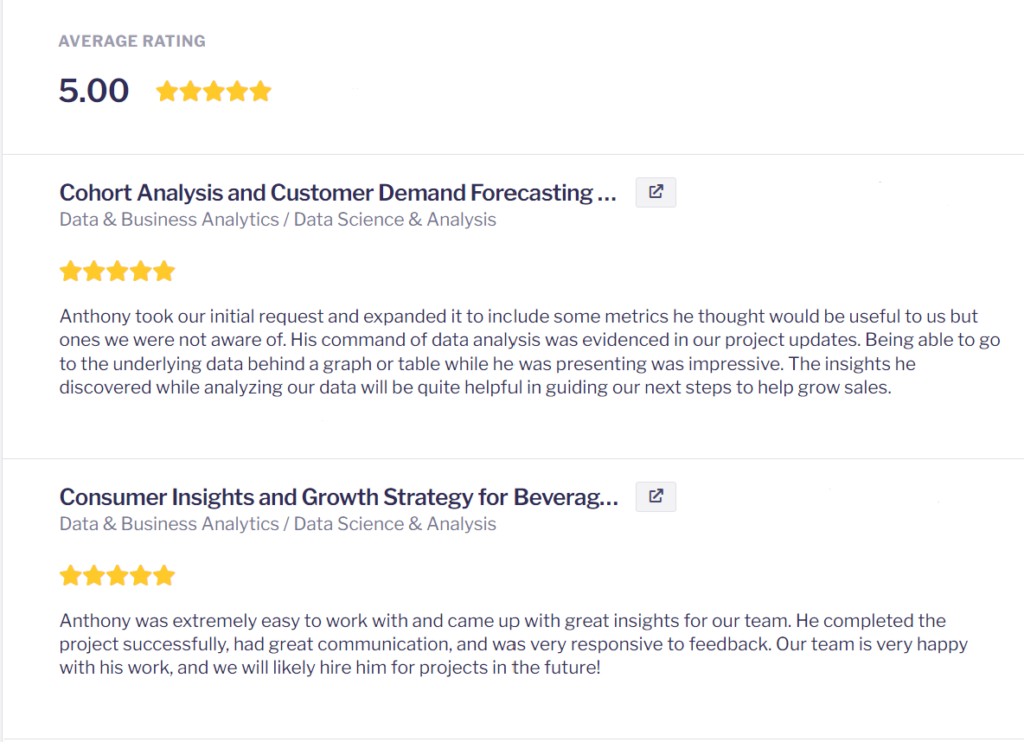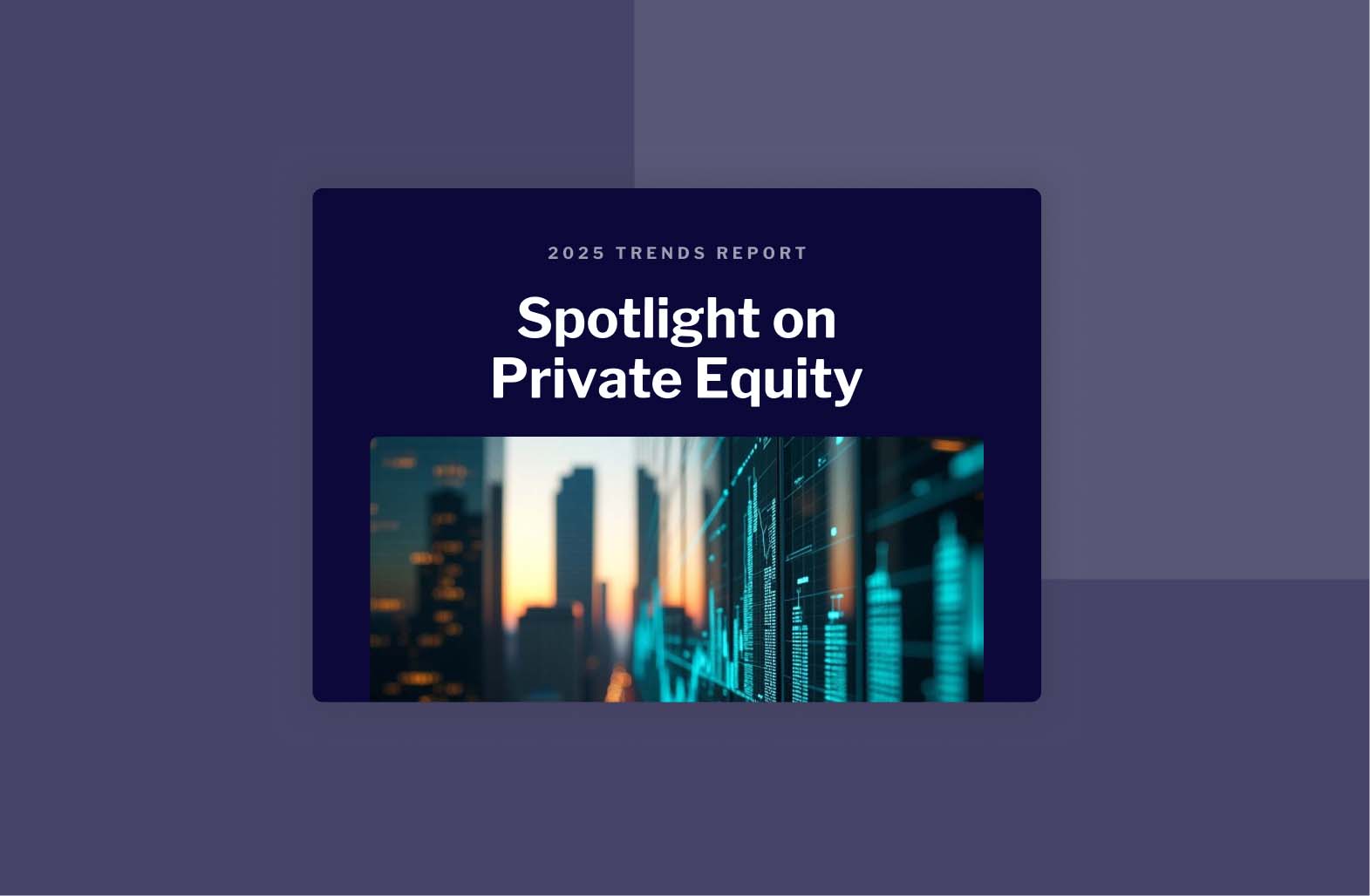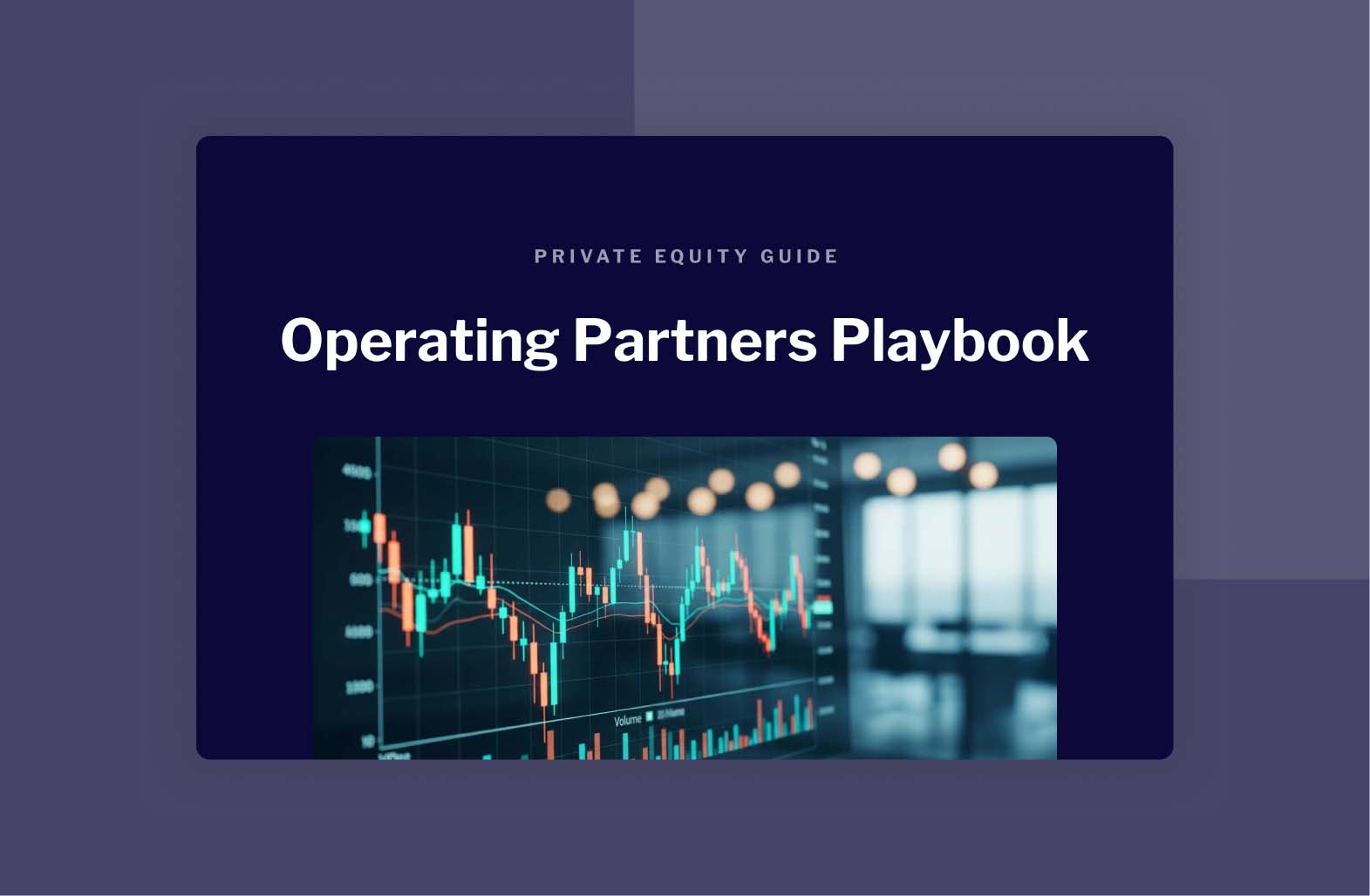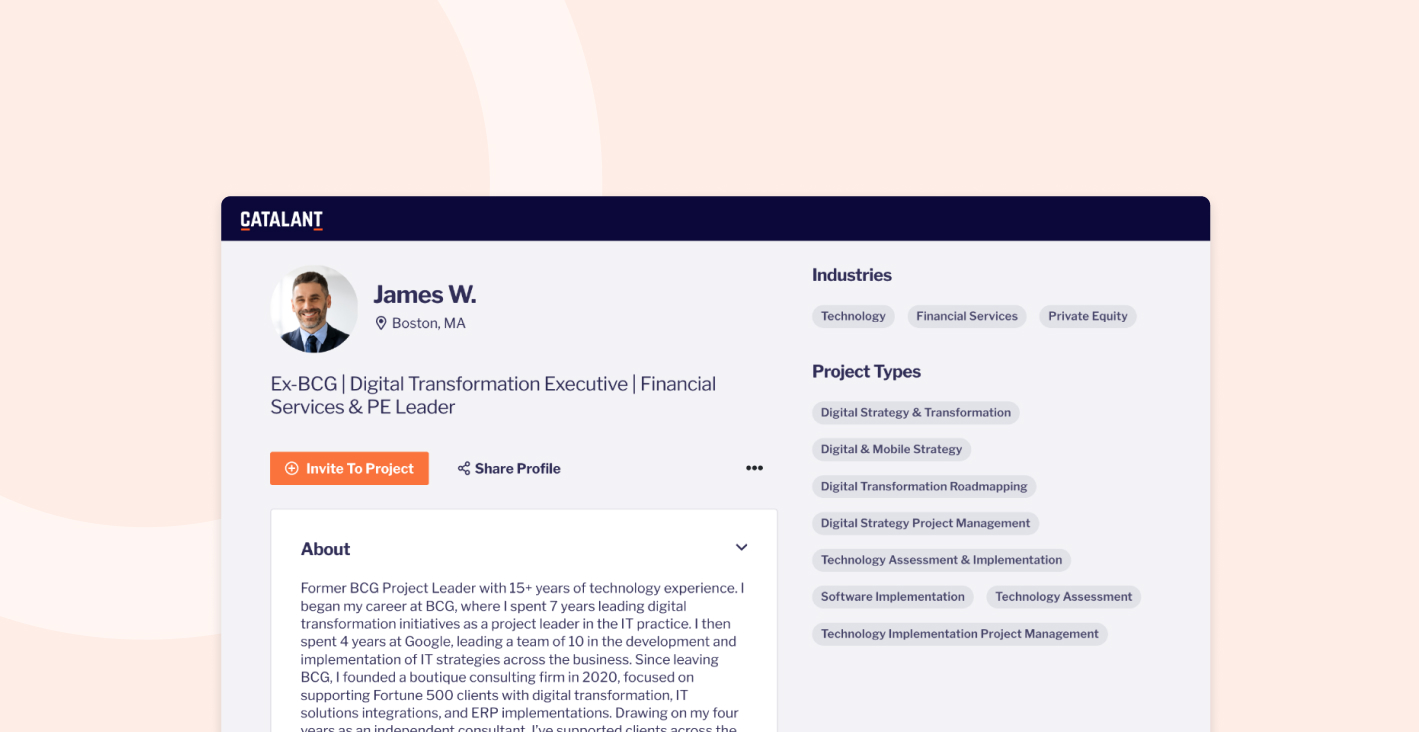Growing Your Practice
How to Get Reviews to Grow Your Independent Consulting Business
How to Get Reviews to Grow Your Independent Consulting Business

It’s no secret that public reviews and client testimonials are a critical part of decision making today. The average consumer tends to rely on review scores seen on Amazon, Google, Yelp, etc. to make purchasing decisions. The notion of reviews is so ingrained into the fabric of decision making that it permeates across many business types, not just restaurants or home goods.
This is true even in people-oriented businesses like consulting. A consultant’s review score helps show credibility and social proof that the service offered is worth buying. With business transactions taking place more heavily on Zoom calls and over chat messages, it can be difficult to build a strong rapport with prospective clients, and so reviews can become an even more critical factor for getting hired.
This article will cover strategies on how to get reviews to build your brand no matter where you are in your independent consulting journey.
How to Get Your First Reviews
Securing your first consulting client and earning public feedback requires focused effort to balance short term milestones, like earning a project, with long term goals of building a thriving consulting practice with a strong brand, phenomenal client testimonials, and consistent project work.
I’ve used these strategies to win over 70 projects on Catalant and other independent consulting platforms. They’ve led me to secure clients like MBB (McKinsey, Bain, BCG) consulting firms, Fortune 500’s, start-ups, research foundations, financial institutions, digital marketing agencies, ecommerce brands, and manufacturing companies.
Here are some ways to get reviews when you’re getting started.
Start local
It can be intimidating to start a career in independent consulting and realize there are thousands of other people doing the same thing as you. In reality, you aren’t competing with them (unless you want to), rather you are competing with yourself.
What I mean by that is you can use your own traits to differentiate yourself from competitors. Over time, you will build your skills and experiences to grow your brand. It’s helpful not to focus on others, but to compete with yourself to get better over time, and build a niche that showcases your unique differentiators.
One of the simplest things that sets you apart from others is where you live. You can use your current location to help give you an advantage early on as a consultant. I was able to land my first major client because I live in Chicago, and the client wanted to hire someone local. This helped separate me from the competition who may have had more reviews or experience, but who weren’t in the location the client desired.
Even if you don’t live near a big city, you can start by talking to local businesses. Talk with businesses in your area and explain genuinely that you are an independent consultant looking to grow your business. Many people, especially business owners who likely struggled when they first got started, will identify with your story and be happy to help, and may have a project they need support on.
Look for urgent or immediate hires
Project postings that are looking for someone to get a job done quickly may mean that the client will prioritize speed over reviews in choosing who to work with. Look for these types of projects specifically, and aim to pitch first. Being among the first to apply for a new project posting can be a good strategy for new consultants as the client will see your pitch right away. Look for project postings that have “urgent” or “immediate” in the project title or description. Leverage this project to ask for a review at the end.
Demonstrate you can do exactly what is needed
Look for projects where you’ve done the requested type of work before. When you pitch on the project, be sure to provide detailed examples of past work in your pitch, and offer to share a redacted or anonymized deliverable from the same type of past project. You want to convey to the client that there’s proven success by choosing you to do this work.
In one case, I actually did the work in advance and delivered it in my pitch. I used the project description to do the work the client was asking for to the best of my ability. The scope and desired output were clear, so I put my finished work product in the pitch for the project when I applied. In this scenario, you’re letting the client decide if they like your work and want to pay for it. Now, this is not a strategy I recommended in the long-term. It is important to remember that it’s a risk to do this – you are not owed anything for doing free work, and they may not choose you. Do your own risk assessment. In some cases, this risk can be worth taking to wow a client and get that first review you are looking for if you don’t have proof of precise success.
How to Request a Review
Here are some examples I’ve used in my business to get great reviews.
Just ask!
Honestly, it’s that simple. Many people simply forget to ask! Be sure to thank the client and ask them for the review. Explain that getting feedback is important for your business, and you truly care what they think. You can even indicate up front at the start of the project that at the end of the engagement, you’ll be asking for their review.
Explain the value of a review (there’s value in it for them, too)
When asking for the review, remind the client that it is a two-way street where you will also give them a review. This helps show that you are collaborating and encourages cooperation. Remember to make it as easy as possible for the client to give you the review – send them a link or screenshot on how to post a review to make it easier for them.
Here’s a sample of how I ask for reviews at the end of most projects when I am using a platform like Catalant, which has a review feature built in.
“Thank you for giving me the opportunity to work on [xyz project]. You’ll see on your side that there is an option to close the project (give them the link or a screenshot of how to do this). When the project gets closed there will be a chance to leave feedback. If you felt like this engagement went well and could leave a positive review, it would really help out as I grow my business. I’ll also get a chance to leave a review for your company which will help you continue to attract great talent. Thanks again.”
Nudge a busy client with a reminder to complete a review
Sometimes clients need a gentle nudge to leave a review. They likely are just very busy or may not know how to leave a review. Here is an example of how to respectfully be forward with a client who may not be responding to your initial request:
“Believe it or not, it can hurt a consultant’s rating if no feedback is provided on a contract. I know you are very busy, but if you could leave a positive review, it would really help. I will also leave a review for you which will increase your company’s ability to attract top talent.”

Examples of 5-Star Reviews from Recent Clients
How to Get Great Reviews
The above tips will lead to getting reviews, but how can you make sure that you get not just good, but great reviews?
Be great (but sometimes, you’ll still miss)
It’s no secret that to get great reviews, you need to do great work. But sometimes, your definition of great and the client’s definition of great won’t be aligned.
There have been plenty of situations where a client thought my work was exceptional even though I thought it was just a first draft. There have been other times where I thought I delivered outstanding work, but the client didn’t think it was that special. In both situations, there were things that could have been improved, like managing expectations better or vetting the client to make sure it was a good fit.
Most of the time, I’ve found the client will think more highly of you than you think of yourself. This is in part because we are our harshest critics! Even if you are a generalist or early in your independent consulting journey, you likely have deep expertise from prior work experience. Remember, there’s a reason they need external support – your skill set is unique and impressive.
Here are a couple examples of times where my expectation of great and the client’s expectation of great weren’t aligned:
- Mixed Review – The client was in the healthcare industry. We started with a small discovery phase project to see if it was a good fit to work together. The client gave me access to sample data but requested my findings after one hour of my time. I let the client know that 5-10 hours for this assignment was considered exceptional based on my experience. As a result of our different expectations on labor hours and budget, the client didn’t view me as highly as they could have, so the final review was mixed: he didn’t provide any feedback, rather than giving negative feedback. This lack of feedback hurt my overall score slightly. Overall, we were both happy to go separate ways.
- Good Review – I built a summary dashboard showing takeaways on customer retention and other metrics for a CPG company. I completed my analysis and shared the first draft with the client. I was expecting to get critical feedback and spend the next few months working with them to build numerous iterations. In reality, the client thought my first draft was perfect and exactly what they were looking for. They left me a great review.
Remember, a review doesn’t always tell the whole story. If you’re confident that you’ve done the work and provided the client with what you were hired for and met all agreed-upon expectations, then it is fair to move on to focus on the next project.
A funny story about reviews
It’s funny looking back now after I’ve worked with top companies like MBB (McKinsey, Bain, BCG) management consulting firms, Fortune 500’s, and others, to remember that when I first started out, my clients were very small. One such client had mentioned that he worked for Walmart. I was extremely excited to work with someone from Walmart and wanted to do a great job. Working with a client as large as Walmart would mean that my portfolio would get a boost and lead to more opportunities in the future. I did a phenomenal job for this client, and I even stayed up all night to finish his project in under 24 hours.
To my surprise, I eventually had miscommunications with the client. He said my work was great but then stopped responding. After some research, it turned out that this person was a college student who interned at Walmart over the summer. He had hired me to do his homework! Obviously, this didn’t end well. There were payment issues, and he left a bad review on my profile. I was so upset and tried everything I could to get rid of the review. I called the IT department to get them to remove it, I reported the student’s profile as fake, and tried to be creative to use refunds or find ways to hide it on my profile. The damage was done, however, and the score hurt my profile. I was devastated that I was previously at a 100% rating, and this dropped me to the 80% range.
Looking back, rather than getting so upset trying to get rid of this bad score, it would have been much more beneficial to focus on getting a new positive review as soon as possible. I also learned a great lesson about vetting clients and how critical it is to make sure someone is a good fit before working together. Ultimately, I was able to win new projects, get great review scores on them, and boost my profile back to success.
Close out the project strong
It is easy to start new projects but can be hard to fully finish current ones. This can tend to happen after you’ve done all the work and the client is happy with the results. It may seem like the project is complete, but it is not.
To fully finish the project and secure a good review, send the client a project recap and be sure to ask them to leave feedback. The project recap can be short, but it should include what you worked on and major takeaways. Quantify any value you were able to provide where possible. Also, make sure to provide training documents and access to all files at the end of a project. Even if the client never uses these, it shows that you are trustworthy and are going the extra mile.
Bouncing Back from a Poor Review
It happens to all independent consultants at some point – getting a negative review. When I had my first bad review, it made me really upset. I tried all sorts of things to reverse it – asking the client for feedback on what I could have done better, offering refunds, and more. The best strategy in cases like this, however, is to go find your next client as quickly as possible. Take any constructive feedback with you, make improvements, and move on to the next opportunity. Getting your next good review score from a new client is the best way to offset a poor review.
It can also be a positive thing when you get some reviews which aren’t 100% or 5-stars. One, it’s an opportunity for self-reflection and improvement. Two, to the outside observer, it also shows you are human and aren’t faking anything on your profile. Even the top Amazon products or companies on Google don’t have full 5-star ratings.
Reminder – you didn’t start consulting for the reviews
While reviews are important and it feels great to be recognized for your work, it is important to remember that you don’t work for 5-star reviews. You work to deliver results for clients and ultimately, to get compensated for it. If you are preoccupied solely by your review score, you won’t be able to deliver awesome work for clients and grow your business.
To stop overly focusing on reviews, an exercise I like to do is to think about what situations would cause me to not worry about your review score. A couple of examples are below.
- If you got to work with your dream client, even if the project went poorly, would you be OK with a mediocre review and dream client project experience in your portfolio?
- If you were able to work with a VIP like a noteworthy CEO or a US president, would you care more or less about the review?
- If someone paid you double or triple your current rate, would you care if you got a 4-star review instead of a 5-star? What if the client paid 5x your current rate?
You Can Do It
Overall, you can go out and get great reviews for your brand using the tips above. Feel free to reach out and let me know what you think of the above strategies and what’s worked in your experience. Getting those first reviews can be tough, but soon you’ll be on your way to taking your independent consulting business to the next level.
Interested in becoming an independent consultant on Catalant’s Marketplace?
Meet the Author

Anthony is a consultant in Chicago specializing in data science, business analytics, and visualization. With a track record of over 70 projects for clients ranging from MBB (McKinsey, Bain, BCG) consulting firms to Fortune 500’s and research foundations, he offers strategic recommendations and high ROI derived from data analysis. Prior to independent consulting, he gained valuable experience in strategy and engineering roles across the US and England.












